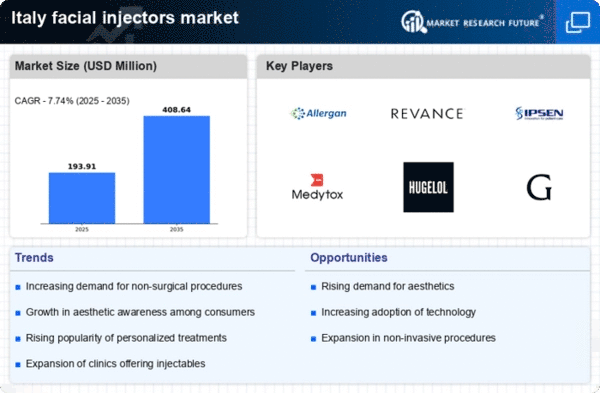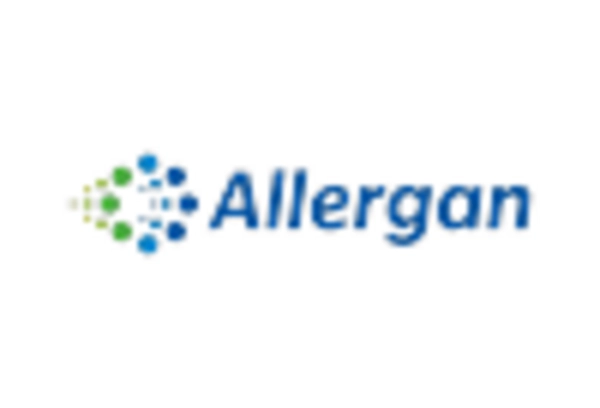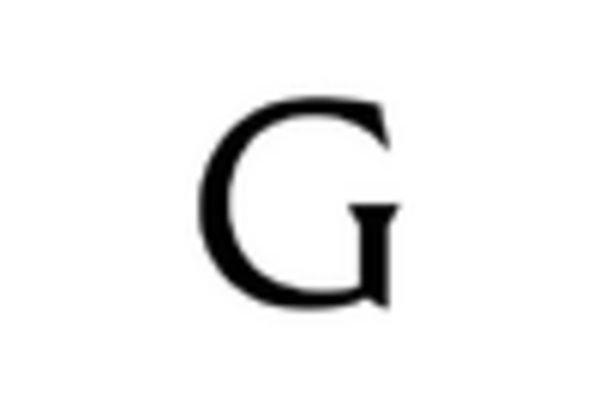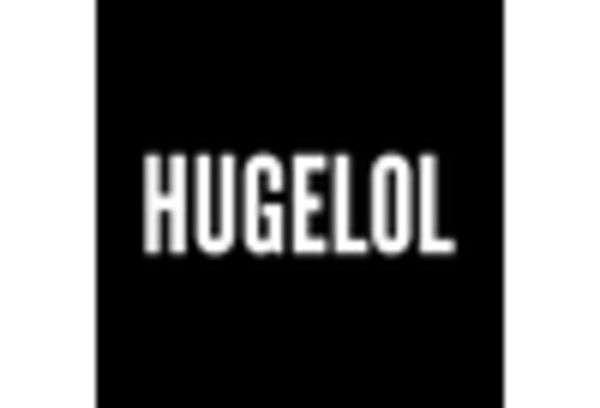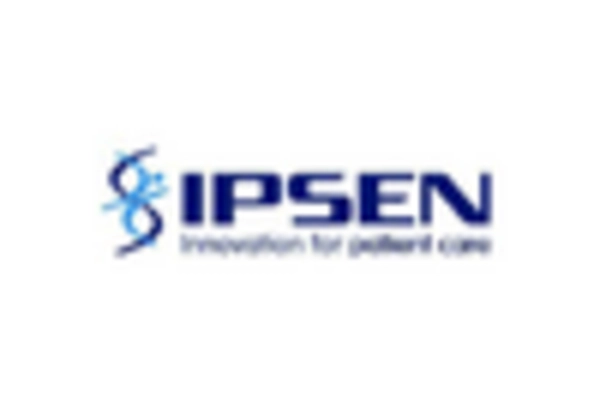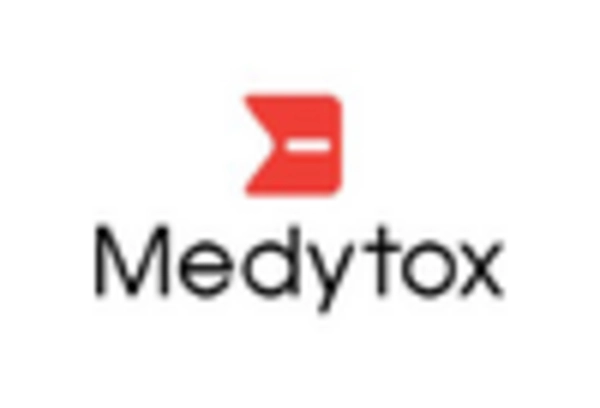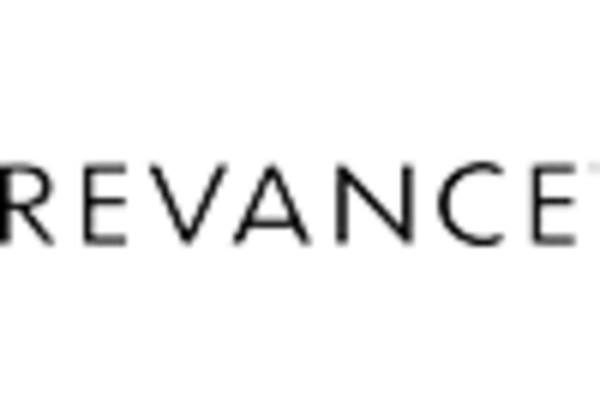Rise of Medical Aesthetics Clinics
The proliferation of medical aesthetics clinics across Italy is contributing to the growth of the facial injectors market. These specialized clinics offer a range of aesthetic services, including facial injectors, in a professional and regulated environment. The number of such clinics has increased by approximately 20% in the last three years, reflecting a growing acceptance of aesthetic treatments. This rise not only provides consumers with more options but also enhances the credibility of the facial injectors market. As these clinics often employ qualified medical professionals, patients may feel more confident in seeking treatments, thereby driving market growth.
Influence of Celebrity Endorsements
Celebrity endorsements play a pivotal role in shaping consumer perceptions and preferences in the facial injectors market. In Italy, high-profile figures from the entertainment and fashion industries frequently share their experiences with aesthetic treatments, thereby normalizing the use of facial injectors. This visibility can lead to increased interest and acceptance among the general public. As a result, the market may experience a surge in demand, particularly among younger consumers who are influenced by these public figures. The impact of celebrity culture on beauty standards is likely to continue driving the facial injectors market in Italy, as more individuals seek to emulate their favorite stars.
Increasing Awareness of Aesthetic Treatments
The growing awareness of aesthetic treatments among the Italian population is a notable driver for the facial injectors market. As more individuals become informed about the benefits and availability of non-surgical procedures, the demand for facial injectors is likely to rise. This trend is particularly evident among younger demographics, who are increasingly seeking ways to enhance their appearance without undergoing invasive surgeries. According to recent surveys, approximately 35% of Italians aged 18-35 express interest in aesthetic procedures, indicating a shift in societal norms regarding beauty standards. This increasing awareness is expected to propel the facial injectors market forward, as more clinics and practitioners offer these services to meet the rising demand.
Evolving Consumer Preferences Towards Customization
The trend towards personalized aesthetic treatments is emerging as a key driver in the facial injectors market. Consumers in Italy are increasingly seeking tailored solutions that cater to their unique facial features and aesthetic goals. This shift towards customization is prompting practitioners to offer more individualized treatment plans, which may include a combination of different injectables. Market data indicates that approximately 40% of consumers prefer customized treatments over standard options. This evolving preference is likely to enhance the appeal of the facial injectors market, as practitioners adapt their offerings to meet the specific desires of their clientele.
Aging Population and Demand for Anti-Aging Solutions
Italy's aging population is a significant factor influencing the facial injectors market. With a substantial portion of the population over the age of 65, there is a heightened demand for anti-aging solutions. Facial injectors, such as dermal fillers and botulinum toxin, are increasingly sought after as effective means to combat signs of aging. Reports suggest that the market for anti-aging products in Italy is projected to grow at a CAGR of 7% over the next five years. This demographic shift is likely to drive the facial injectors market, as older individuals seek to maintain a youthful appearance and improve their self-esteem through non-invasive treatments.


